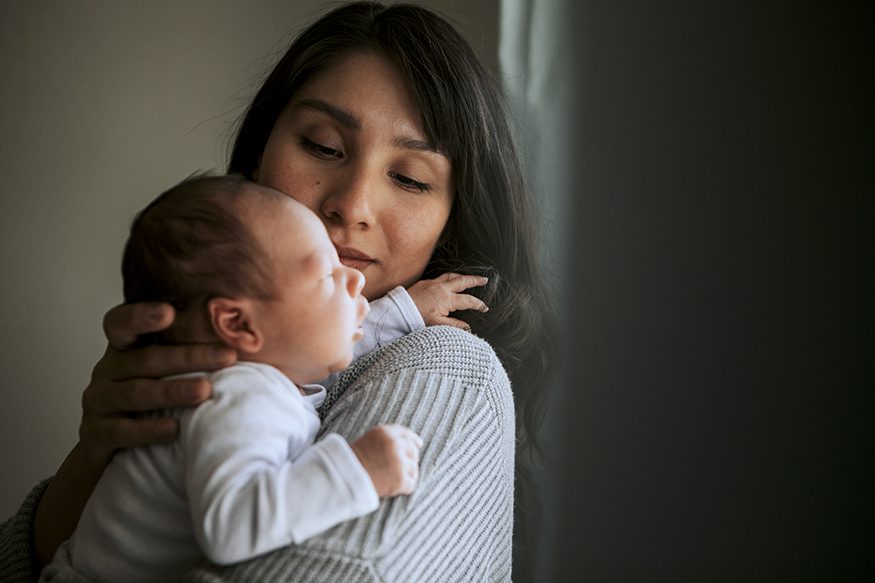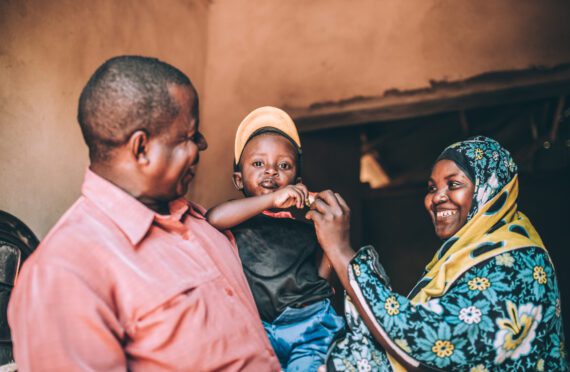By Abiola Afolayan
Humanitarian agencies are making increasingly urgent appeals this year, as global hunger emergencies multiply and aid budgets are stretched past their limits. The causes of the crises are both old (armed conflict) and newer (climate change). The global and local economic fallout of the COVID-19 pandemic continue to push families into deeper poverty as well. One of the most recent impacts is inflation, and among its effects are sudden large increases in the prices of staple foods that force many families to buy less food than they need.
Despite the setbacks of the past few years, significant progress on hunger and malnutrition has been made over the last several decades. We can tell by the striking improvements in statistics such as child survival. One in every 11 babies born in 1990 did not survive to celebrate turning 5, but it is projected that of the babies born in 2020, only 1 in 27 will not reach this milestone. Child mortality is still far too high, but a reduction of 60 percent in one generation is nonetheless an achievement, one that the global community and national governments should work to preserve.
The United States is a generous donor to programs that provide emergency lifesaving assistance. Bread for the World members urge their elected representatives to adopt public policies and allocate funding that enable people affected by hunger to make meaningful improvements in their lives.
Bread members continue to urge Congress to approve measures such as the proposed Global Malnutrition Prevention and Treatment Act. This bill would direct the U.S. Agency for International Development (USAID), as lead agency, to establish a five-year strategy to support countries in implementing their plans to prevent and treat malnutrition. The bill strengthens the framework used by the U.S. government to make decisions about humanitarian and development assistance. The goal is to target nutrition assistance even more closely to those most in need.
Bread continues to emphasize that babies, toddlers, and pregnant women have pressing needs. The “1,000 days”—the period between pregnancy and a child’s second birthday—is the most critical human nutrition window. Children between the ages of 2 and 5 are another vulnerable group. In addition to making these age groups a priority, the bill emphasizes that “high-need, underserved, marginalized, vulnerable, or impoverished communities” should be considered priorities.
Nutrition assistance would be directed to proven strategies that prevent malnutrition or identify and treat it in early stages. Effective preventive measures include fortifying foods
with essential nutrients (like Vitamin D, iron, and iodine), providing young children and pregnant women with nutritional supplements, and supporting new mothers in beginning and maintaining breastfeeding.
The bill contains other provisions to bolster the impact of humanitarian assistance: requiring USAID to incorporate emergency nutrition services into U.S. agencies and into the implementation of legislation that is already in effect—for example, the Global Food Security Act and the Senator Paul Simon Water for the World Act. It specifies that the five-year plan must include several elements that have proven essential to lasting progress, such as setting goals, identifying targets that measure progress, ensuring coordination with countries’ own plans, and collecting data to strengthen future programs.
As mentioned earlier, urgent action is essential to saving hundreds of thousands of lives, and potentially many more. An estimated 570,000 people are living in famine conditions, characterized by widespread disease and death, while more than 44 million people are at immediate risk of famine. Reducing these numbers calls for sufficient humanitarian assistance in the weeks and months ahead. Making improvements that last will require at least some progress on resolving the causes of these hunger crises—achieving ambitious goals such as reducing the toll of armed conflict and preserving people’s livelihoods in the face of climate change.
Abiola Afolayan is senior international policy advisor with Bread for the World.



